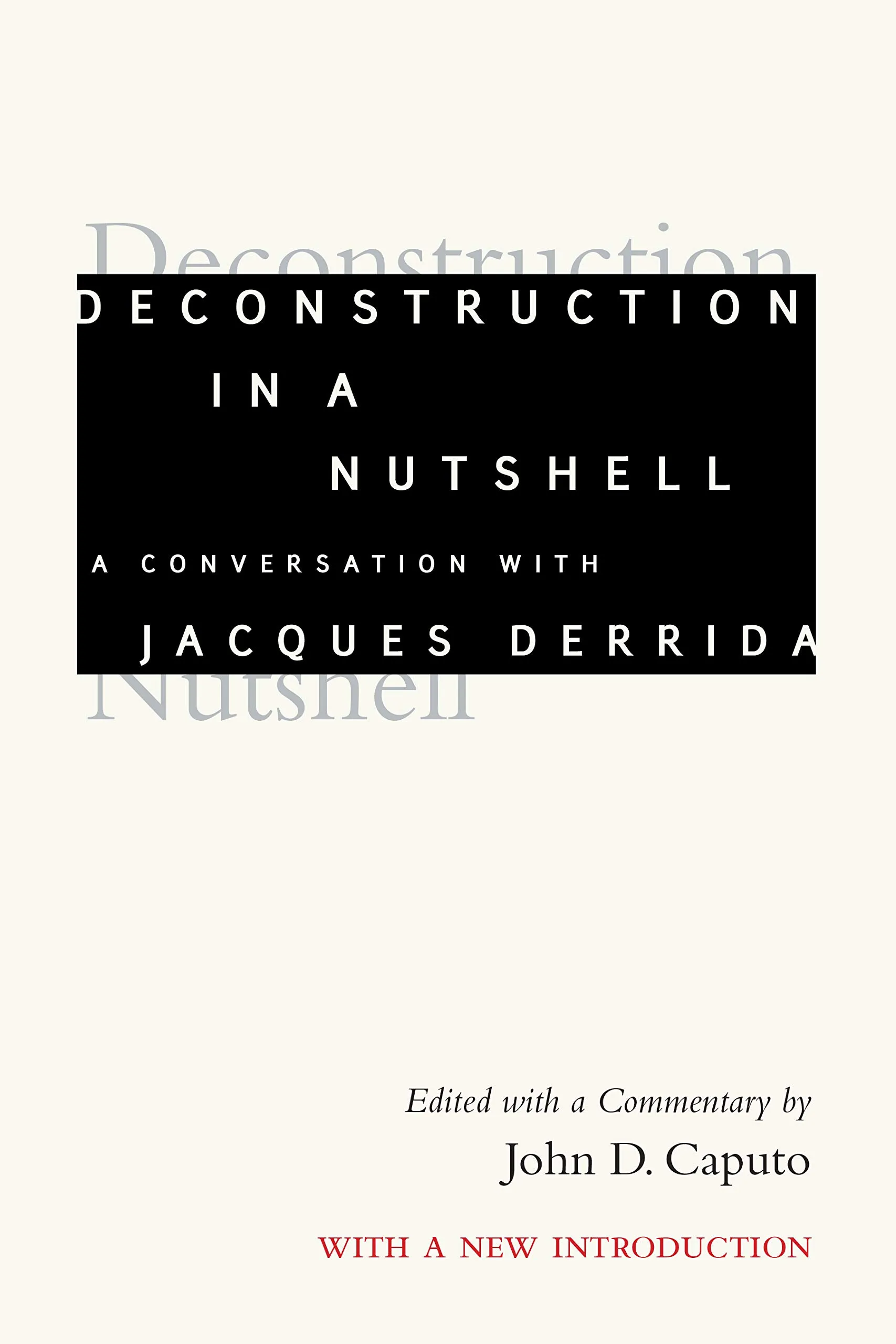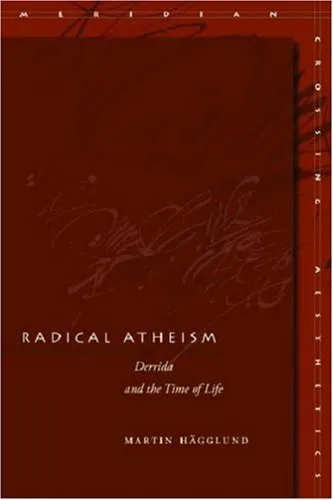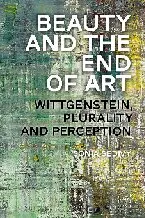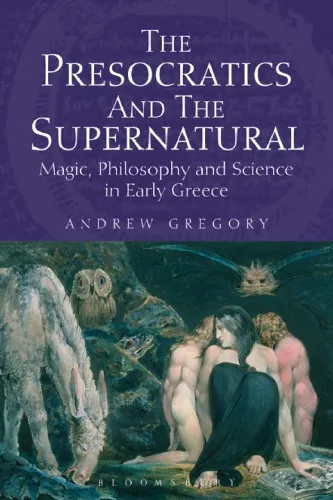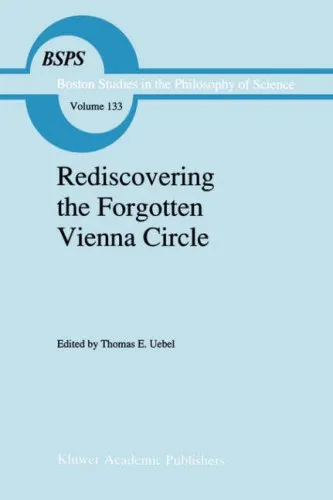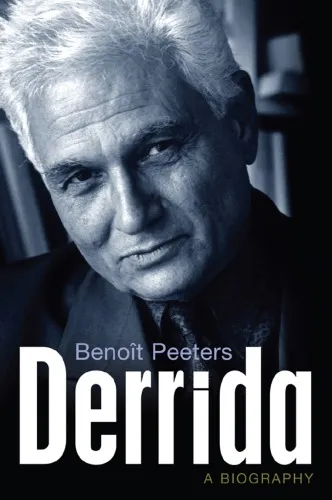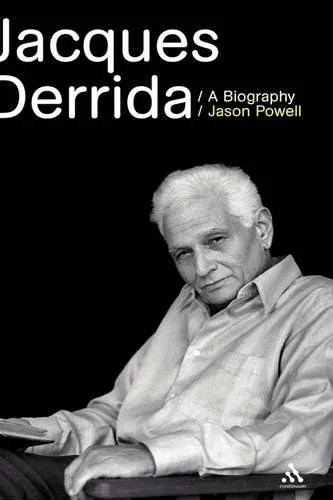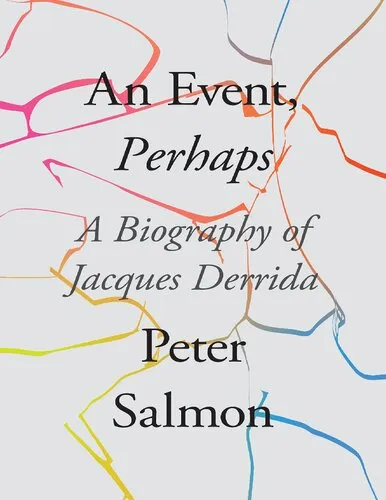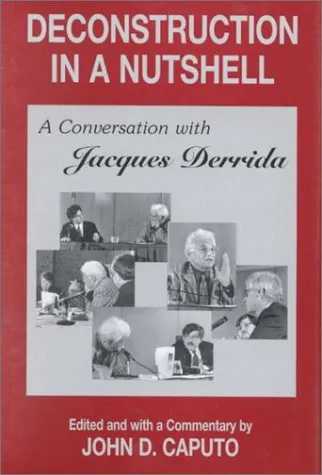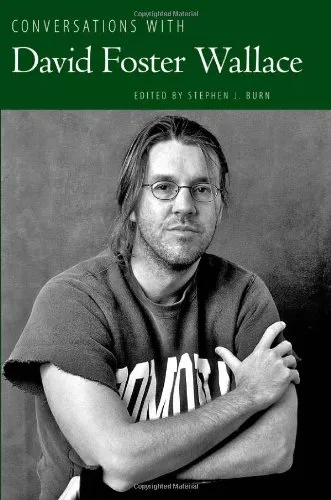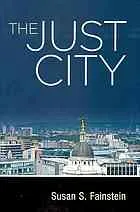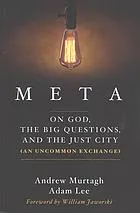Deconstruction in a Nutshell: A Conversation with Jacques Derrida, With a New Introduction
4.5
Reviews from our users

You Can Ask your questions from this book's AI after Login
Each download or ask from book AI costs 2 points. To earn more free points, please visit the Points Guide Page and complete some valuable actions.Related Refrences:
Welcome to the introduction of "Deconstruction in a Nutshell: A Conversation with Jacques Derrida, With a New Introduction." In this enlightening work, renowned philosopher Jacques Derrida, through the guidance of editor John D. Caputo, demystifies the complex concept of deconstruction and provides readers with a profound understanding of its significance in contemporary thought. This introduction will guide you through a detailed summary of the book, highlight key takeaways, present famous quotes, and explore why this book remains crucial for scholars and enthusiasts alike.
Detailed Summary of the Book
"Deconstruction in a Nutshell" is structured around a series of insightful conversations and critical analysis centered on the philosophy of deconstruction, a term coined by Derrida. The book captures a dialogue-like approach, where Derrida unfolds his ideas in a more accessible manner. John D. Caputo provides a substantial introduction, situating Derrida’s philosophy in the broader spectrum of contemporary thought, culture, and academic study.
The text explores the intricate principles of deconstruction, an analytical technique that seeks to unravel and question the underlying assumptions, binaries, and contradictions within philosophical and literary texts. The conversations cover a range of topics, including identity, language, and meaning, presenting deconstruction not merely as an academic exercise but as a transformative way of thinking that challenges traditional epistemologies and hierarchies.
Caputo meticulously frames Derrida’s ideas in relation to other philosophical movements and thinkers, enriching the reader's understanding of the dramatic shifts deconstruction brings to disciplines within the humanities and beyond. Through engaging discourse and critical commentary, the book becomes an indispensable primer for those looking to grasp the essence of Derrida's decentering approach.
Key Takeaways
- Deconstruction is a method that helps us rethink conventional notions of meaning and truth.
- The book highlights the indispensable role of language as both a tool and a barrier in understanding reality.
- Derrida's dialogues challenge readers to question established binaries, such as presence/absence and speech/writing.
- Caputo serves as a guide, offering clarity and context to Derrida's complex ideas, making them more approachable.
- The text encourages a critical examination of how knowledge is constructed and deconstructed in various contexts.
Famous Quotes from the Book
"Deconstruction is not a method, and it cannot be transformed into one. Especially if the technical and procedural sense of method is emphasized. It is true that in certain circles (...), this is precisely what has in fact happened... it has been believed that deconstruction is a method for interpreting texts, facts, and so on."
"Every sign, linguistic or nonlinguistic, spoken or written (in the usual sense of this opposition), in a small or large unit, can be cited. Consequently, it can break with every given context, and engender infinite new contexts in an absolutely non-saturable fashion. This does not mean that the mark is valid outside the context, but on the contrary that there are only contexts without any center or absolute anchoring."
Why This Book Matters
"Deconstruction in a Nutshell" occupies a crucial place in the landscape of contemporary philosophy and cultural studies. It bridges the gap between Derrida’s often abstract writings and the practical application of deconstruction as a critical tool. For students and scholars, this book offers clarity and engagement with core philosophical questions concerning meaning, structure, and interpretation.
The book's relevance extends beyond academia, influencing fields such as literature, law, psychoanalysis, and media studies, where deconstructionist approaches have prompted novel insights and methodologies. By challenging readers to question the boundaries of language and the construction of knowledge, Derrida and Caputo invite us to embrace a more nuanced view of reality, questioning the norms that shape our world.
In sum, "Deconstruction in a Nutshell" serves not only as an introduction to Derrida’s philosophy but as an invitation to engage in the ongoing discourse of questioning and rethinking. Its insights continue to resonate, offering readers the tools to deconstruct and reconstruct the intellectual paradigms that govern their fields of study and broader cultural narratives.
Free Direct Download
You Can Download this book after Login
Accessing books through legal platforms and public libraries not only supports the rights of authors and publishers but also contributes to the sustainability of reading culture. Before downloading, please take a moment to consider these options.
Find this book on other platforms:
WorldCat helps you find books in libraries worldwide.
See ratings, reviews, and discussions on Goodreads.
Find and buy rare or used books on AbeBooks.
1520
بازدید4.5
امتیاز0
نظر98%
رضایتReviews:
4.5
Based on 0 users review
Questions & Answers
Ask questions about this book or help others by answering
No questions yet. Be the first to ask!
